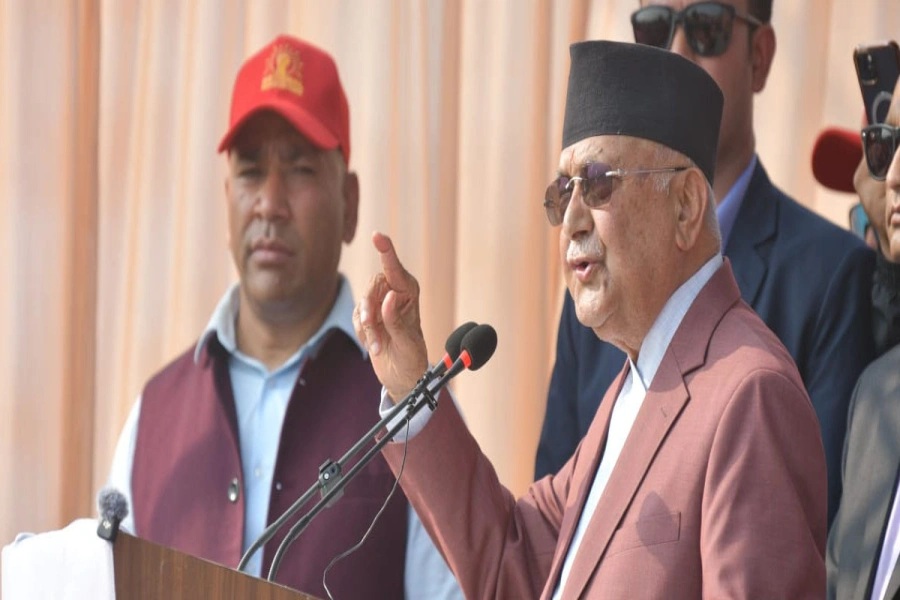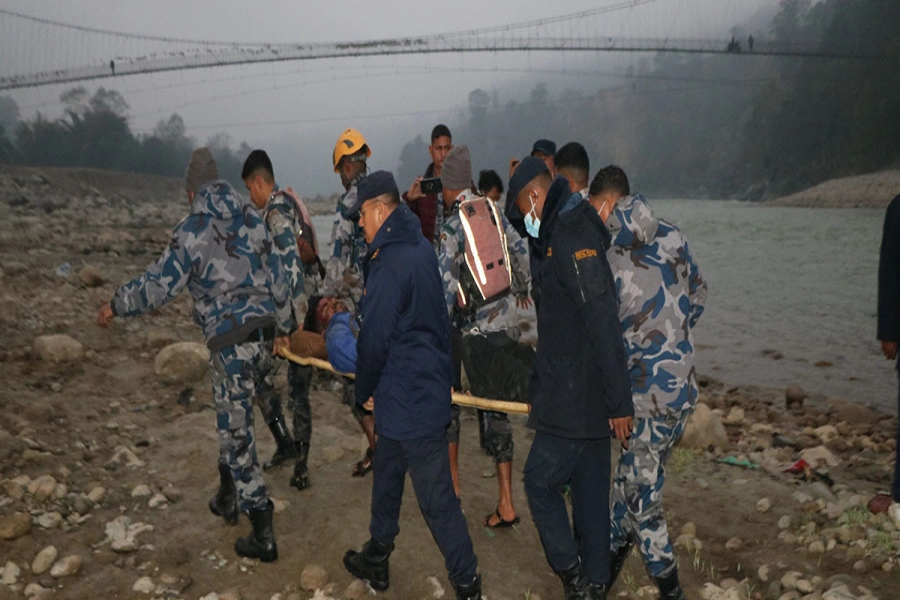The Minister for Forests and Environment, Birendra Mahato, has lately come under severe scrutiny and criticism for advocating profoundly controversial proposals related to Nepal's national parks and wildlife conservation. These proposals, which include the reprehensible idea of allowing tiger hunting and promoting a range of commercial activities within these ecological sanctuaries, not only betray the fundamental purpose of national parks but also jeopardize the delicate balance of our ecosystem. National parks are established with the primary objective of preserving biodiversity, conserving wildlife, and providing a safe haven for countless species. The proposal to allow tiger hunting is not only ethically abhorrent but also directly contradicts the very essence of conservation and protection that these parks are meant to uphold. Tigers, being an endangered species, deserve our utmost protection and efforts towards their conservation. Encouraging their hunting for any purpose is both nonsensical and detrimental to the global efforts of wildlife preservation.
Govt invites proposals for startup enterprise loans

Furthermore, Minister Mahato's inclination towards promoting commercial activities within national parks is equally alarming. The focus should always be on sustainable tourism that minimizes the ecological footprint and respects the delicate balance of the ecosystem. Introducing hotels, lodges, cable cars, resorts, and paragliding facilities within these protected areas is a direct assault on the pristine nature of these regions. Such ventures would lead to increased pollution, habitat destruction, and disturbance to wildlife, ultimately undermining the very purpose of preserving these areas. Conservationists and environmental organizations have voiced their concerns, rightfully asserting that the proposed amendments to the National Park and Wildlife Protection Regulations are in direct contradiction to environmentally sound practices. The amendments are an attempt to replicate a failed strategy from the past, which was rejected by the Supreme Court. Instead of learning from past mistakes, Minister Mahato seems determined to repeat them, despite the court's clear stance on this matter.
It is essential to recall the 2078 BS Supreme Court ruling, which unequivocally rejected the amendment allowing hydropower projects within Langtang National Park. The court highlighted the need for regulations and guidelines concerning infrastructure construction and operation within protected areas, a call that the Ministry of Forests and Environment should heed. The draft of the work procedure being prepared by the Ministry of Forests and Environment seems to disregard the significance of the ban on tourist services imposed in 2068 BS, which was intended to prioritize the preservation of biological diversity. The move to lift this ban and potentially allow a range of tourism and adventure activities within national parks is regressive and undermines the past conservation efforts that were deemed necessary for the well-being of our ecosystems. As a newspaper, we believe that the controversial proposals coming from Minister Mahato are not just nonsensical but equally outrageous. The preservation of our natural heritage and the well-being of future generations must remain at the forefront of our priorities. We urge the government to prioritize the protection of our biodiversity and reconsider the direction in which it is headed in terms of national park regulations.






































